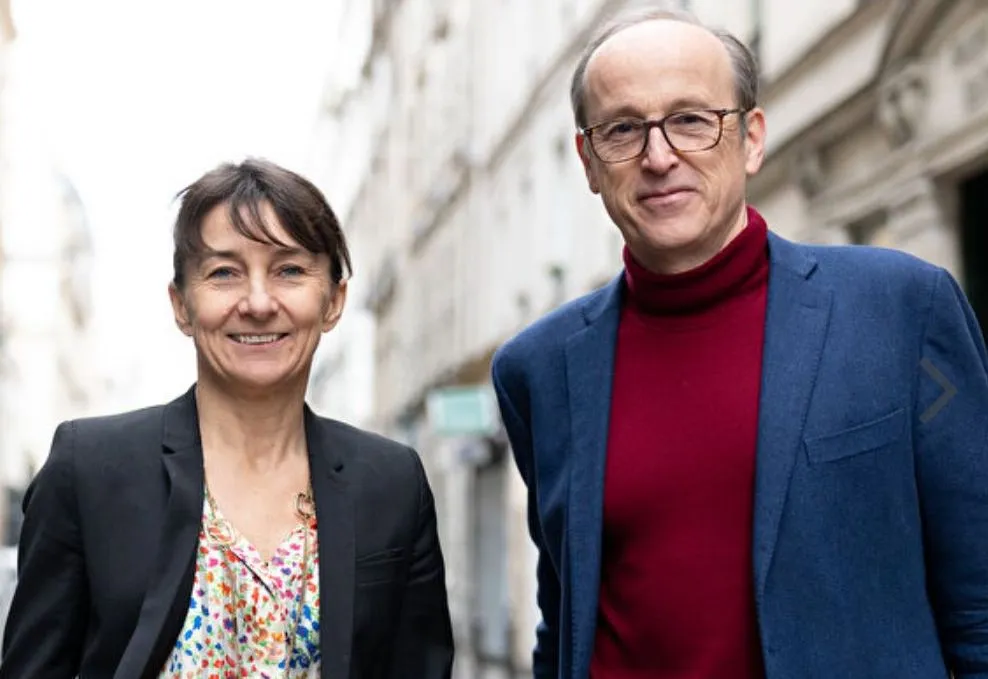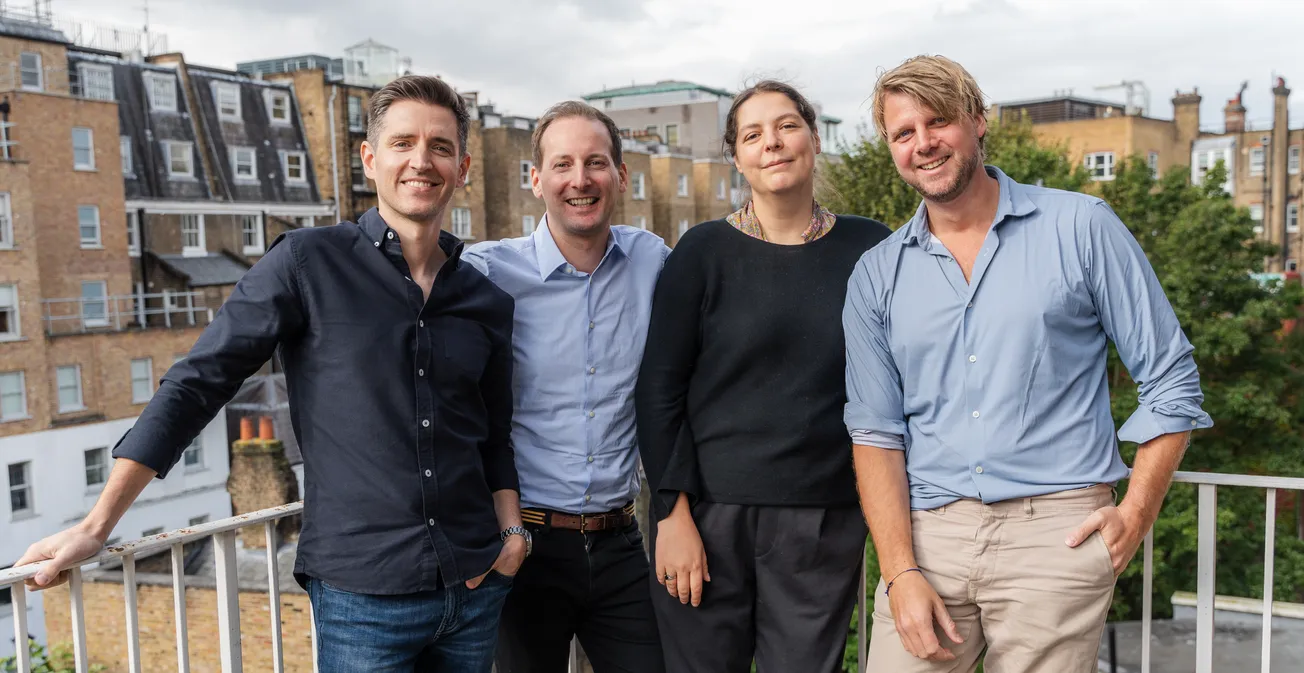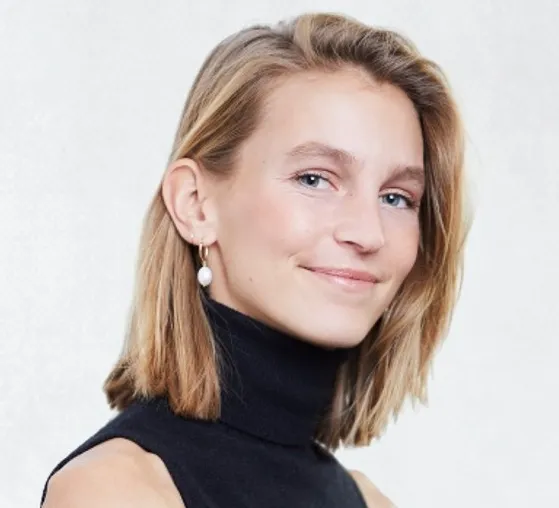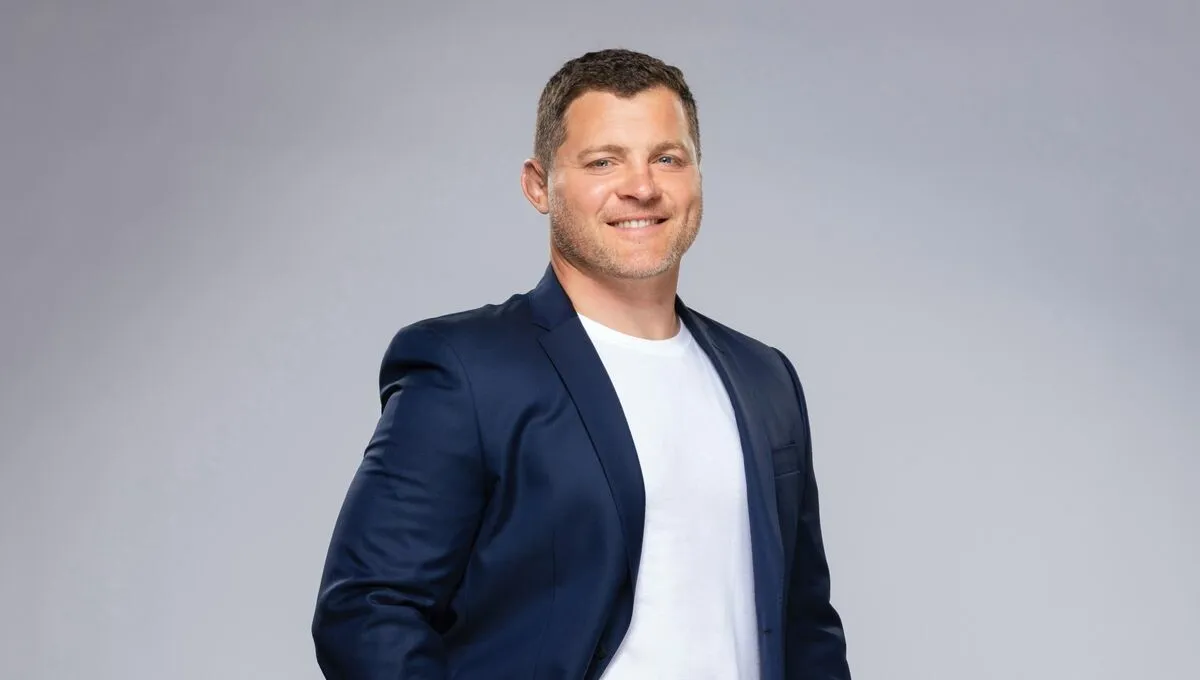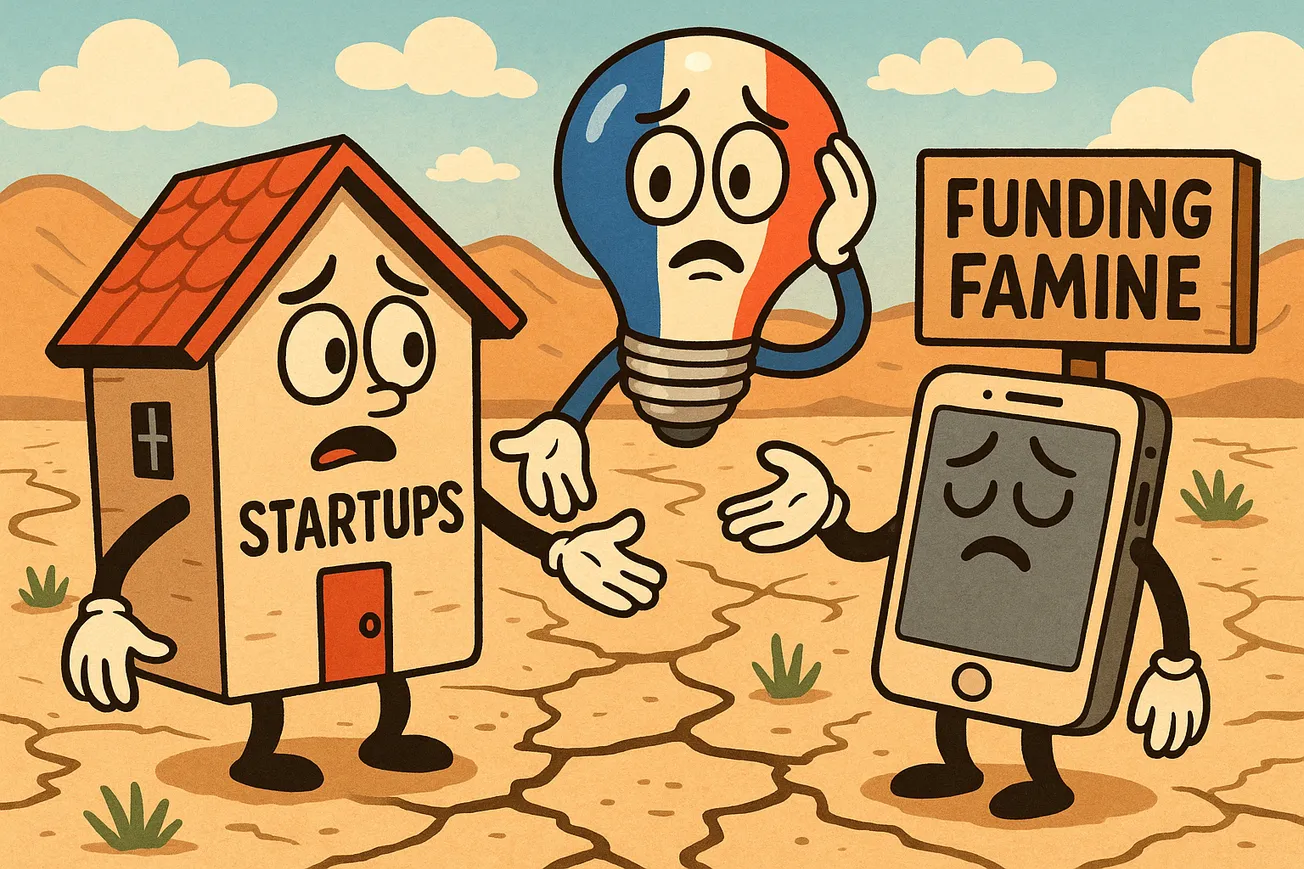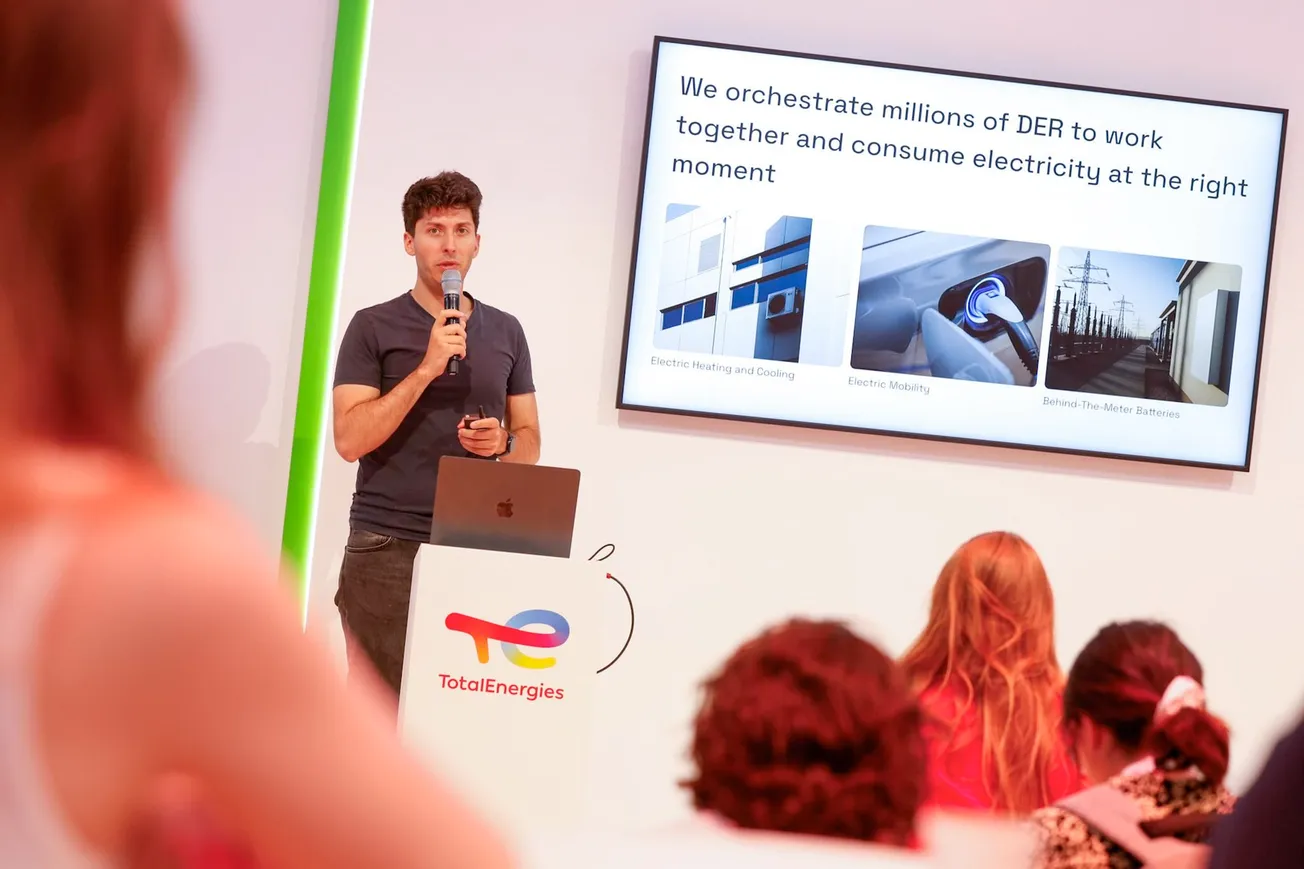Agrilife Studio is the first French startup studio dedicated exclusively to AgTech. The project just raised €25 million from Bpifrance, Crédit Mutuel Arkea, and Fond Révolution to fuel its development.
Agrilife Studio's mission is to catalyze the creation of a dozen startups over the next 7 years that address issues in the agriculture, agri-food, and bio-economy sectors. The co-founders intend to co-create startups that address issues such as agriculture, healthy and sustainable food, and biobased products.

The Founders
Priscilla Rozé-Pagès and Antoine Coutant.
Rozé-Pagès has a 25-year background in strategic entrepreneurship, innovation, and impact projects. In 20o5, she founded a fintech startup that was later sold. A decade later, she joined Air Liquide, one of France's industrial giants that manufactures different gases for industry and health care. Rozé-Pagès was named Inclusive Business Director and tasked with helping Air Liquide's innovation lab to develop social impact startups or services in emerging markets. For instance, she led the development of a new medical oxygen service for Africa.
"It obliged me to think in a different manner about the whole value chain, the way of producing, the way of being paid, and how to make social impact," Rozé-Pagès said.
She later moved into Air Liquide's venture capital branch and joined the board of a wide range of startups. In 2020, she left in search of a new project that would blend entrepreneurship, innovation, and impact.
Meanwhile, Coutant had a long career as an AgTech engineer working in R&D for projects around the globe. That included 10 years in the U.S., 3 years in Latin America, and 3 years in Asia. He worked in a variety of positions, including AgTech startup Agrauxine which was acquired by French food giant Lesaffre Group. Coutant held several positions for the company, including a stint in Silicon Valley. By 2019, he had left to become an investment director at Go Capital, a French Deep Tech investment fund. Over this career path, he became focused on topics like using life science products to replace pesticides and agricultural sustainability issues.
"The core of my career was centered around innovative products which could make a difference in terms of impact for health, food, and nutrition," he said.
The Background
A couple of years ago, French state bank Bpifrance wanted to develop a program to boost AgTech startups as part of its broader initiatives to fund innovation in the sector. The majority of France's territory is still dedicated to farming, and it remains the largest agricultural producer in Europe.
And yet, that presents challenges for the nation's economy and environmental issues. Agriculture represents 21% of greenhouse gas emissions. France has slipped in the global rankings for agricultural exports from 2nd to 6th. At the same time, imports have risen, creating concerns about food sovereignty.
In 2021, the French government launched a "French Agritech" to catalyze innovation in the industry. Bpifrance has mapped more than 600 French startups in the sector that have raised more than €490 million in venture capital.
But given the accelerating concerns over climate change and food production, the government wants disruptive ideas to go further and faster to transform this sector. It's betting on startups to make that happen.
So about two years ago, representatives of Bpifrance reached out to Coutant to begin discussing possible strategies and the idea of a startup studio gradually came into focus.
Coutant then contacted Rozé-Pagès. The pair had never met but were connected through their mutual networks. Their skills seemed to be complimentary: Coutant with an AgTech background and Pages with an entrepreneurship history. And as it turned out, they were both looking for a project centered around social and environmental impact.
After 18 months of market research and discussions, the startup studio concept crystallized. In February, it was made official when Bpifrance, Crédit Mutuel Alliance Fédérale, and Crédit Mutuel Arkéa announced that they had invested €25 million.
"I think we both share a sense of urgency that it is time to really accelerate these solutions," Coutant said. "We need to have the widest span possible for the solutions. We feel the startup studio is the best possible way to have the biggest impact."
Themes
Agrilife Studio's mission is to identify, develop, and finance innovative, high-impact projects, leading to the creation of French start-ups in the fields of biotechnology, robotics, digital technology, and information technology.
How It Works
The first task for Rozé-Pagès and Coutant was to map out the key issues related to agriculture and food. Once they had identified the major unsolved problems, they began to canvas the industry and research institutions to understand what technologies and solutions were being studied to address those issues.
As part of that work, Agrilife Studio is working with French research institutes and universities, including INRAE and AgroParisTech. It's also partnering with the French tech transfer agency SATT. The idea is to spot concepts and then create teams around them. The co-founders position themselves as co-creators and take the concept from zero to past the Series A round.
"Our job is really to find the talents and drive those innovations all the way to the market," Coutant said.
Entrepreneurs who are recruited into the studio will be paid a salary for some period of time to allow them to fully concentrate on the studio. Rozé-Pagès and Coutant and their team will work hands on as partners to develop the concepts, find a product-market fit, recruit employees, design a sales and marketing plan, and eventually help attract the first outside investors. Any company must have both a solid business plan and an impact plant that are in sync.
That journey could take as long as two to three years, given the timeline for developing Deep Tech products.
Size of Investments
When entering into the studio, one of the key points of discussion will be ownership stakes. Agrilife is still determining the options, but it will possibly range from 30% to 40% depending on the intensity and length of time likely needed to develop the idea, especially if a lot of R&D is needed.
The entrepreneurs who are the official co-founders will retain majority ownership through the Series A round. Part of the milestones involve making sure the company is well-positioned to attract that outside interest. Once outside investors enter the picture, the Agrilife team will step back from daily operational participation. But there is some money included in the Agrilife fundraising to allow the studio to invest in that first outside round
"It's a way for us to say we still are confident in that company, but in the context only as a shareholder and not as an operator," Rozé-Pagès said.
What they bring to the table:
The pitch to entrepreneurs by the Agrilife co-founder is based on a couple of themes.
First, joining an AgriTech startup studio exclusively devoted to that vertical will bring greater focus and intelligent that will help accelerate development time. Second, there is the expertise by the team in terms of both AgriTech and strategy for building a startup at the earliest stages. And because the studio is backed by three influential institutional investors, participants will immediately have access to those resources in terms of networks, events, and support.
That includes established relationships with farming groups and corporations. By connecting startups early on with potential customers, the studio believes it can accelerate the process of securing first clients who can give critical feedback.
"We will be able to propose a faster go-to-market because our job is to show to all the different agriculture stakeholders these solutions from our startups," Rozé-Pagès said.
How they select a project

